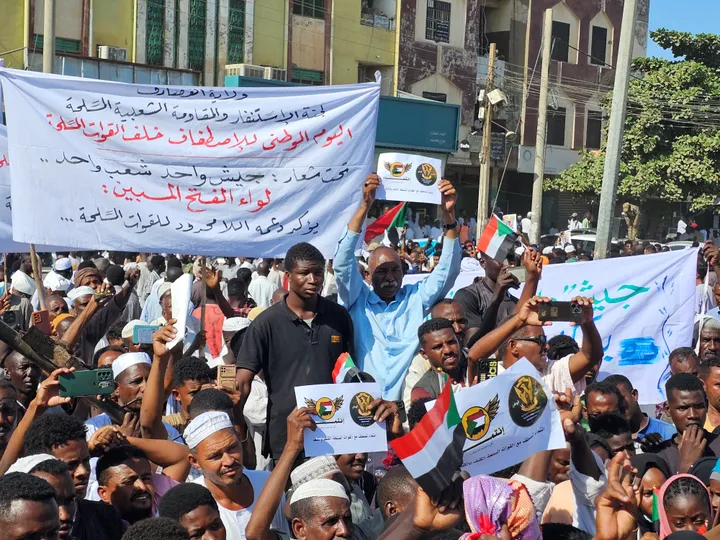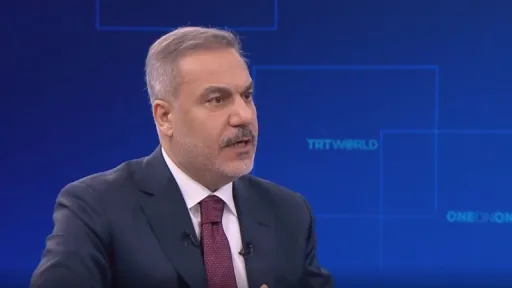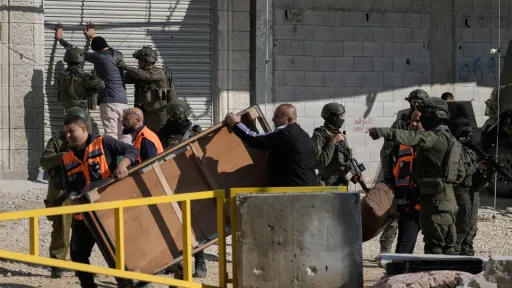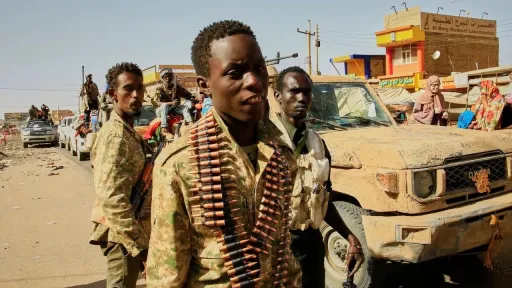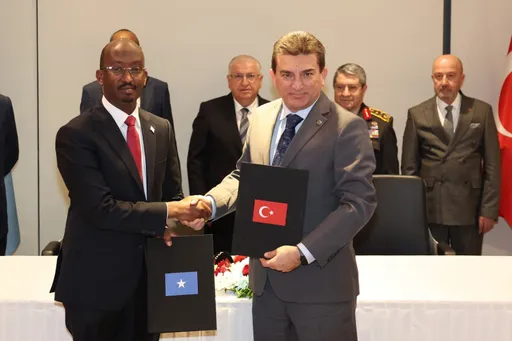By Yasmine Akrimi
President of the European Commission, Ursula Von der Leyen, has announced a financial memorandum of understanding to give Tunisia up to 900 million Euros, the conditional release of the 1.9 billion dollar-loan negotiated in 2022 with the International Monetary Fund (IMF) and an immediate release 150 million euros of what they called aid.
She made the announcement during a visit to Tunisia on June 11, accompanied by the Prime Ministers of Italy and the Netherlands, Giorgia Meloni and Mark Rutte.
This comes at a time when Tunisia is experiencing a serious socio-economic crisis, with increasing shortages of resources and economic opportunities for the low and middle-income earners shrinking.
Barely five days earlier, the Italian far-right leader was welcomed with great fanfare in Tunis, during a visit that happened shortly before the conclusion of an agreement between EU countries on a common asylum policy.
Responsibility transfer
The policy has been hailed by Italy which is under growing pressure due to high number of migrants coming through the Mediterranean – most of them departing from Tunisia.
In the space of a few months, Meloni has become a sort of spokesperson for the Maghreb country in its dealings with the EU and, above all, the IMF. Her Minister of the Interior was sent to Tunis twice this year, in January and May.
This "Asylum and Migration" pact weakens European standards of protection for asylum seekers, and confirms the desire to transfer responsibility for irregular migration to non-European countries, including Tunisia.
Italy is one of the countries exerting pressure so that migrants whose asylum applications are rejected can be sent back to third countries considered as "safe".
Rejections
Despite being called into question by a recent United Nations report for its responsibility in crimes against humanity committed in Libya, Italy appears to be re-adopting the same strategy in Tunisia, namely to support whatever form of administration that is in place as long as it is an effective coastguard.
The ultimate intention is to turn North Africa into a disembarkation platform for Europe, a place to send back nationals and non-nationals whose applications for asylum and residence permits have been rejected, and to screen the applications of irregular migrants found in the Mediterranean.
The visit of the European trio thus heralds a clear change of direction: no more denunciation of the ‘’democratic deficit’’ decried since the coming of President Kais Said to power in July 2021, and the priority is "cooperation" on migration.
This "Fortress Europe" is already producing crises in countries with precarious socio-economic conditions, such as Tunisia and Libya. The Libyan crisis included the scandal of the inhumane treatment of sub-Saharan migrants incarcerated in the country in recent years.
Locked and drugged
In Tunisia, there have been reports of violence mainly against migrants following comments by the Tunisian president that the coming of these migrants into his country could change the demographic composition of Tunisian society.
European funding could strengthen the repressive capacities of Tunisia's security apparatus. Numerous testimonies highlight the increasingly violent practices of the Tunisian authorities in intercepting migrants who pass through the country in attempts to reach Europe via the sea.
The central Mediterranean remains the world's most dangerous migration route, with poor and middle-class workers now joining the unemployed and sub-Saharan migrants embarking on irregular migration journeys from the North African coast.
Dramatic human cost
According to several accounts, these migrants, once they arrive in Italy, are allegedly locked up in the permanent repatriation centres and forcibly drugged before being repatriated.
The cooperation agreements make no provision for missing persons at sea, the repatriation of bodies or the identification of recovered bodies.
All the talk of cooperation to create opportunities for North Africans to move to Europe is merely a smokescreen for increasingly restrictive migration policies.
It is increasingly difficult for North Africans to obtain a visa for Europe, with waiting times stretching over several months and refusals becoming almost systematic.
Worse still, the EU is pressuring other neighbouring countries outside the bloc to impose visa restrictions on Tunisia, as was recently the case with Serbia.
The EU's financial package for Tunisia is a continuation of this approach, a militarisation of the borders at an increasingly dramatic human cost, not only for Tunisian and sub-Saharan migrants and their families, but also for the state of freedoms in Tunisia.
The author, Yasmine Akrimi, is a political analyst from the Brussels International Center.
Disclaimer: The viewpoints expressed by the authors do not necessarily reflect the opinions, viewpoints and editorial policies of TRT Afrika.


